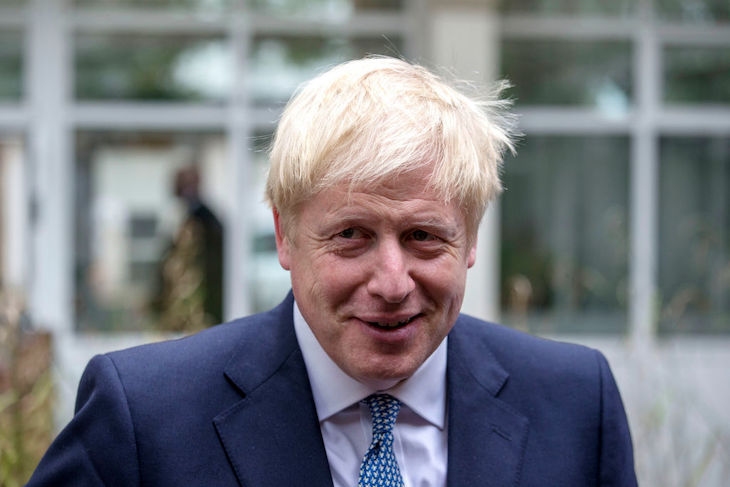Talk of an early election has been on the rise in recent months as the Brexit arithmetic has looked increasingly shaky. This week it has hit fever pitch. Boris Johnson announcing extra funds for the NHS has been read as a sign the party is getting campaign ready while party chairman James Cleverly set the cat among the pigeons at the weekend after he used a broadcast interview to say only that the Tories would not ‘initiate’ a general election. The verdict: an early election is beginning to be seen as inevitable.
On Radio 4’s Westminster Hour on Sunday night, Conservative MP Tim Loughton said that even if the Tories avoided one before October 31st, he thought there would be one soon after: ‘What ever happens for Brexit ahead of October 31st, I think there’s going to have to be an election at some stage after that because Boris [Johnson] has got a wafer thin majority and if we can get through Brexit we need to have a government able to get legislation through’.
But what of an election before October 31st? It’s not what this current government would like – but it is a scenario they are preparing for. This is because they could have one forced upon them. While the anti no-deal MPs are keen to find a way to stop a no-deal Brexit which avoids bringing the government down, the most obvious route to trying to stop no-deal is to hold a confidence vote in the government when Parliament returns in September.
With a working majority of one after the Brecon and Radnorshire by-election saw the Liberal Democrats take the seat, such a vote would be on a knife edge. Two Tory MPs – Ken Clarke and Dominic Grieve – have already suggested they would vote with the opposition if it meant avoiding no deal. While there are Labour MPs who can be classed as Brexiteers, it’s not clear how many would keep a Tory government in power to pursue that aim.
The question now dominating such discussions is whether a confidence motion would even succeed in stopping no deal. Johnson’s senior aide Dominic Cummings told ministers and officials that the Prime Minister would stick to his October 31 pledge even if Jeremy Corbyn and rebel Conservatives succeeded in forcing a general election. This is because, Cummings says, the Prime Minister would have the power to schedule the vote for after Halloween – after the UK has left.
Is he right? A departing government isn’t supposed to make big decisions on the country’s future during a general campaign. The matter of debate is whether leaving without a deal really is making a decision. The UK leaving at the end of October is in law – it is the default. Were the Johnson government to pursue this, it’s likely that it would be challenged in a court – though it’s not clear who would win as we discuss on Coffee House Shots:
There may be another motive to the messaging coming from No. 10 on this. If would-be rebel Conservative MPs believe no deal will happen if they vote no confidence, they could conclude that a better bet for avoiding no deal is to hold off and give the government all the time up until October 31st to try and agree a deal.
One thing is clear. If a general election does come about before the end of October, the Johnson government wants others to carry the blame for it. Party insiders are adamant that under no circumstances will Johnson call it himself. This is because if they are forced into going to the polls ahead of October 31st, the Conservatives will want to pitch themselves as the party focused on delivering Brexit and point the finger of blame at the MPs who stopped them and a stubborn EU.







Comments